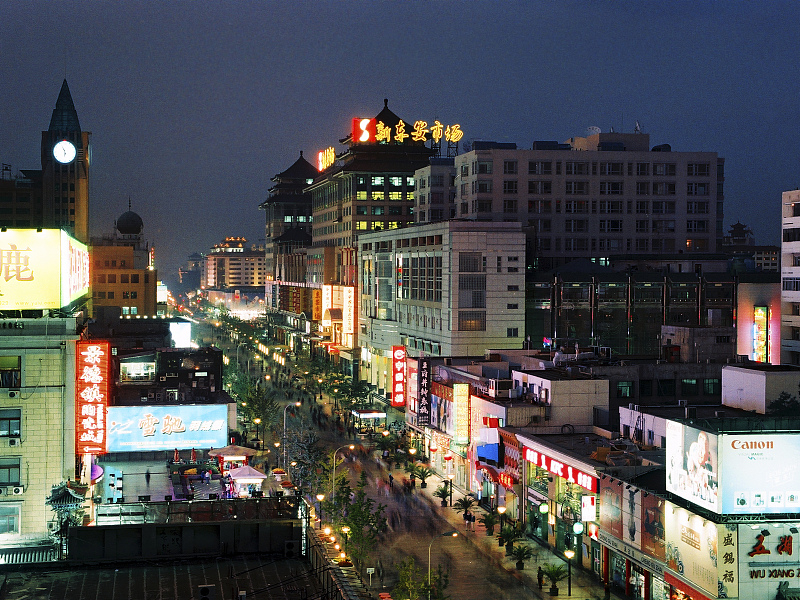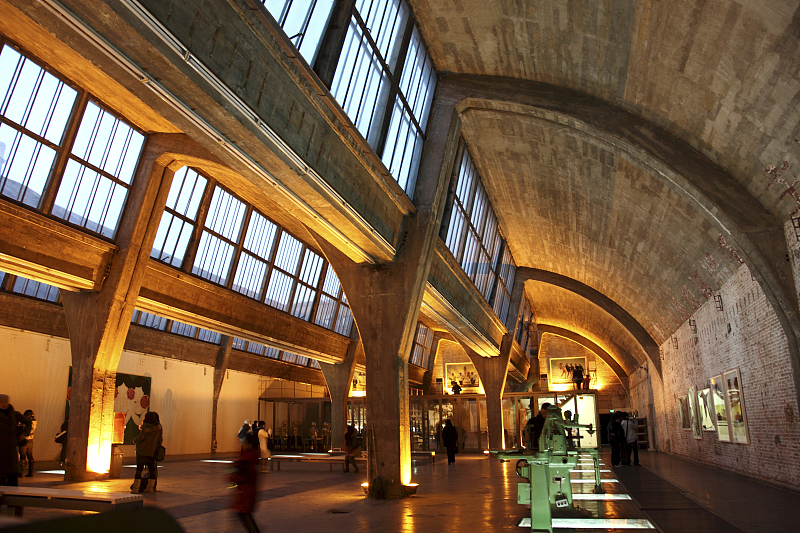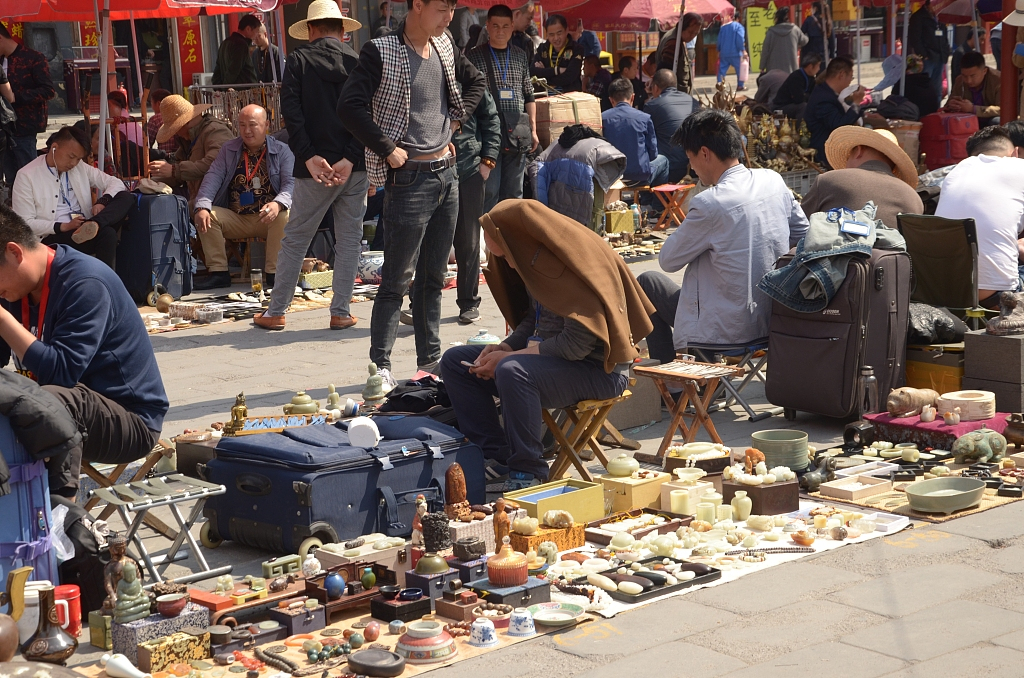The third China Global Television Network (CGTN) Global Media Summit and CCTV+ Video Media Forum will take place on December 4 in the capital of China.
Speakers from broadcasting, the digital sector, social media and tech companies will get together in Beijing to discuss today's most contested issues and trending topics including "Media & Technology: The Secret to Success? The Road to Ruin?" and "Tech, News and the Next Generation: The Evolution of Content Consumption."
Participants will also have the opportunity to visit Beijing, a city with both history and modernity.
Speaking of cultural landmarks, Liulichang is second to none in old Beijing.
Located on the west side of the Forbidden City, it is one of Beijing's traditional old quarters.
Antiques, craftwork, artistry scattered across the street and traditional architecture are on offer.
You will find not only time-honored shops such as Rongbaozhai and Yidege, but also artworks of masters including Qi Baishi and Xu Beihong.
Nowadays, Liulichang has been transformed into an antique market with shops selling Chinese folk art. You can drink a cup of hot tea and eat some Beijing snacks and immerse yourself in the local culture.

Night view of Wangfujing Street. /VCG Photo
Night view of Wangfujing Street. /VCG Photo
Located on Chang'an Avenue, the main avenue of Beijing, Wangfujing Street is a symbol of Beijing's commerce. There used to be eight royal mansions (wangfu) and a well (jing) with sweet water on the street, hence the name.
Wangfujing Shopping Street, as the city's first famous business district, has a variety of shops and boutiques, some of which are world-famous brands.
Apart from that, there are also many historic shops with traditional goods displayed on the streets for hundreds of years.
Today's Wangfujing Street in Beijing is a modern commercial street just like the Champs Elysees in Paris.

Interior view of an art gallery at 798 Art Zone. /VCG Photo
Interior view of an art gallery at 798 Art Zone. /VCG Photo
798 is a must-see for visitors in Beijing. The art zone has kept the name of the 798 Joint Factory.
After the year 2000, some idle factories were rented out. Due to the park's orderly planning, convenient transportation, unique style of Bauhaus architecture, it has attracted many art institutions and artists to rent idle buildings and renovate them.
Gradually a multicultural space integrating galleries, art studios, cultural companies and fashion shops formed.
Art shows open here every day, and the area has become an iconic artistic cultural landmark of Beijing.

People browsing around in Panjiayuan. /VCG Photo
People browsing around in Panjiayuan. /VCG Photo
Beijing Panjiayuan Flea Market, also known as Panjiayuan Antiques Market, is the largest, most complete, cheapest and most popular secondhand goods and antiques market in China.
Open 365 days a year, the market attracts visitors from across the country and beyond. Former U.S. President Clinton's wife Hillary and dozens of other foreign dignitaries have come here for sightseeing and shopping.
"Climb the Great Wall, eat roasted duck, visit the Imperial Palace and shop at Panjiayuan," were said to be among the must-dos in Beijing.